How Often Do Cats Pee? (What Can You Expect?)
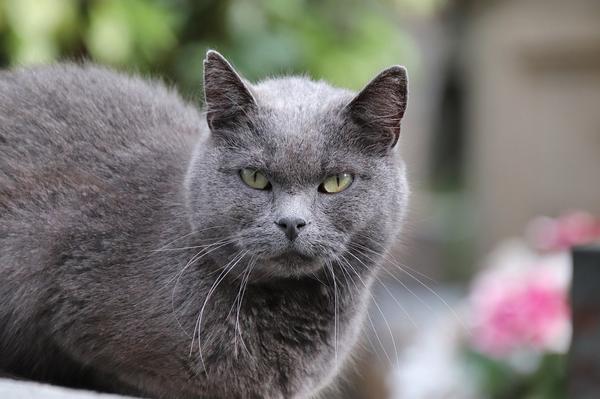
Ever find yourself lying awake at night, staring at the ceiling, consumed by one burning question:
"How often do cats pee?" 😺
It's the kind of concern that gnaws at your soul, keeping you up at night, because let's face it, feline bathroom habits are what legends are made of.
But fear not, my fellow cat enthusiasts, for I have embarked on a quest to unravel this enigma.
So, put your worries aside and join me as we delve into the mysterious world of cat pee.
Let's find some answers, shall we?
How Often Do Cats Pee Every Day?
Cats typically urinate 2-3 times a day, while kittens may make 4-6 trips to the litter box. It's crucial for cats to pee at least twice daily to avoid health issues. Some cats may even wake up twice during the night for a quick bathroom break.
Okay, let's get down to business and talk about cats and their bathroom habits.
I know it may not be the most exciting topic in the world, but trust me, it's important stuff.
So, you're probably wondering how often cats pee every day, right?
Well, that can actually vary depending on a few factors.
First of all, cats have this strong instinct to bury their urine, it's just natural for them.
And this instinct can impact how often they go, depending on how clean their litter box is.
If you want to make sure your furry friend feels comfortable and doesn't hold it in for too long, here's what you need to do- provide multiple litter boxes.
The more options you give them, the happier they'll be, and the better chance they won't hold it in or end up peeing somewhere they shouldn't.
Now, let's talk numbers.
Typically, cats pee around 2-3 times within a 24-hour period.
For kittens, it's a whole different story. They pee as often as they eat, which means they make approximately 4-6 trips to the litter box per day.
Those little ones are constantly on the move!
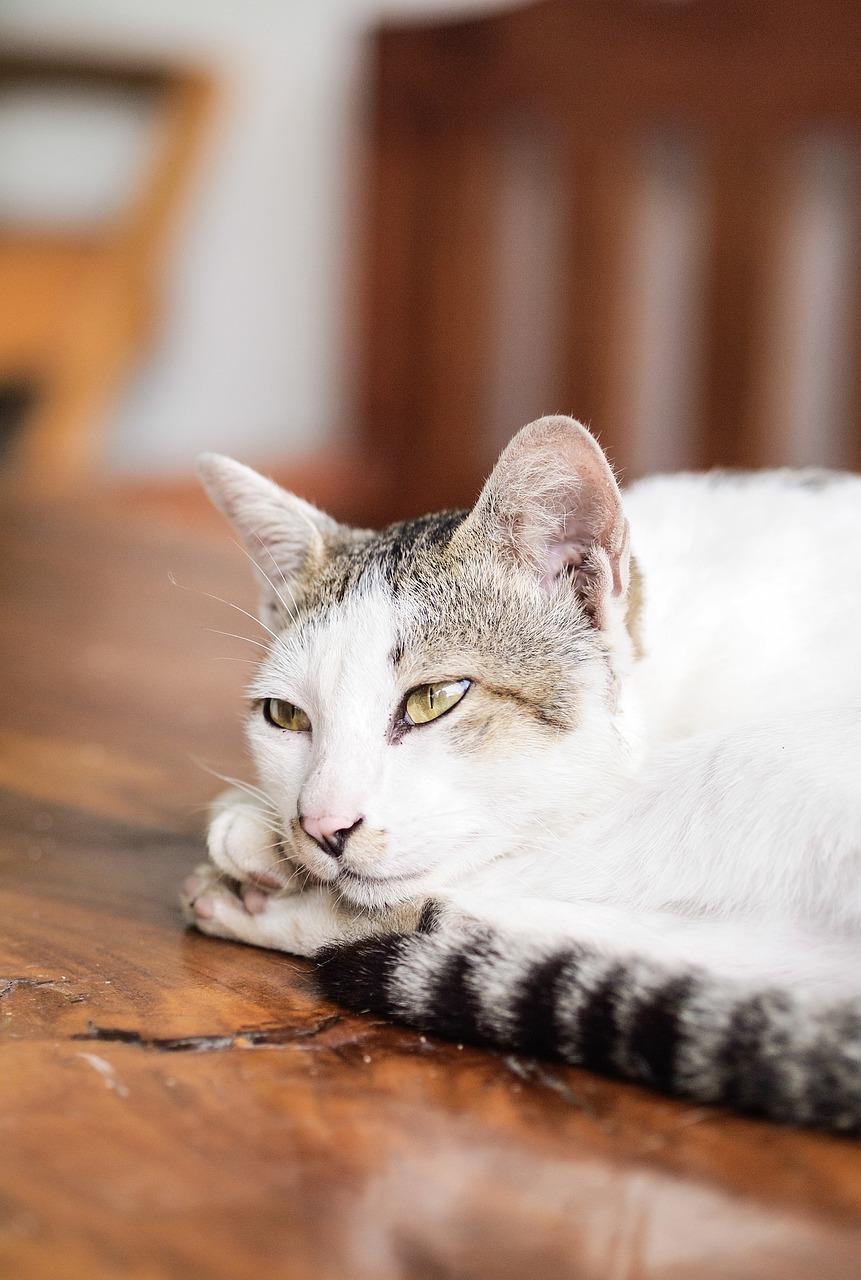
But what happens if a cat isn't peeing enough?
Well, it's pretty important for them to urinate at least two times daily to avoid any health issues.
Nobody wants a kitty with a bladder that's been holding it in for over 48 hours—yikes!
Wait, it gets even better:
Cats might even wake up around 2 times during the night just to take a quick pee break. Talk about dedication!
On average, a healthy adult cat should produce around 2-3 handful-size urine balls per day.
Sure, it may not sound like much, but when you consider their small bladders, it's quite significant.
This whole pee party is actually a result of cats adapting to dry regions over time.
In those areas, they tend to pee twice a day on average. Pretty fascinating, huh?
So, now you have the scoop.
Make sure to keep an eye on your furball's pee habits and take note of what's normal for them.
And of course, don't forget to provide a clean litter box—they deserve the best bathroom experience possible!
Main points I'll expand upon further down this article:
- Factors such as age, diet, and health conditions can affect a cat's urinary habits.
- Monitoring urine output and observing habits can help determine what is normal for a cat.
- Polyuria, or excessive urine production, can have various causes.
- Feline Lower Urinary Tract Disease (FLUTD) requires medical intervention.
- Proper litter box maintenance and monitoring water intake and urine output are important.
- Significant changes in urination frequency should be checked by a veterinarian.
- Normal cat urine is usually colorless or light yellow, but changes in color should be reported.
- Changes in urine odor can indicate bladder infections or other medical conditions.
- Normal cat urine clumps should be golf ball to tennis ball-sized.
- Signs of problems urinating should be treated by a veterinarian.
But I bet you're wondering, what else can influence a cat's urination patterns?
Well, let me tell you, there are a whole bunch of factors that come into play. Let's dive in and explore some of the fascinating things that can affect your furball's bathroom habits.
You won't believe some of the surprising details I'm about to share with you!
Factors That Affect How Much a Cat Pees
When it comes to a cat's pee, there are several factors that can play a role:
- Litter type - Experiment with different types of litter to find what your cat prefers.
- Age-related diseases - Senior cats may have different urination patterns due to health issues.
- Water intake - Kittens tend to drink more water, which can affect their urination habits.
- Diet - Canned food diets may lead to increased urination compared to dry food.
- Activity level - More active cats may need to urinate more frequently.
- Urine clump size - Hydration levels and overall health can influence urine clump size.
- Health conditions - Conditions like diabetes and kidney disease can impact urinary frequency.
- Diuretics and medications - Certain medications can increase urine production.
- Environmental factors - Heat, humidity, and food moisture can affect urine output.
- Cleanliness - Cats prefer clean litter boxes, so regular cleaning is important to prevent accidents.
A more comprehensive comprehension of your cat's urination habits can be achieved by taking these factors into account and observing their behavior. 😺
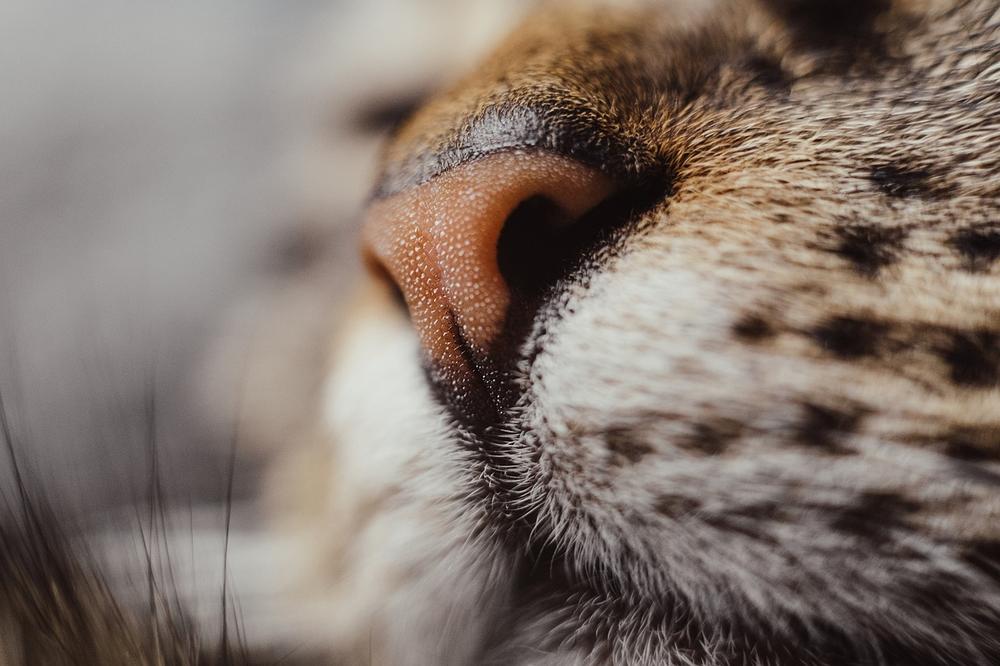
But did you know that there are various medical reasons why cats may urinate more frequently or have changes in their urine output?
Let's dive deeper into these factors and understand the potential underlying issues that may require veterinary attention.
Reasons Why a Cat Pees More Often Than Usual
Cats may pee more frequently than usual due to factors like medication side effects, changes in diet, hormonal disorders, kidney or liver issues, diabetes, infections, and behavioral abnormalities. Feline Lower Urinary Tract Disease (FLUTD) and urinary tract infections can also contribute to increased urination.
Medications can do some funky things to your cat, man.
Especially ones with diuretic properties.
Those can mess with their water intake and make them pee more often than usual.
But wait, there's more!
There are a bunch of other factors that can also contribute to your feline friend peeing up a storm.
You know, like changes in diet, hormonal disorders, kidney or liver issues, diabetes, infections, and even behavioral abnormalities.
Even intoxication and weather conditions can play a role!
It's wild, I tell ya.
One particular condition you gotta watch out for is Feline Lower Urinary Tract Disease (FLUTD).
It doesn't discriminate, dude.
It can hit cats of any age, breed, or gender.
This thing requires some serious medical intervention, so don't mess around if you suspect it's the culprit.
Speaking of medical stuff, urinary tract infections, kidney stones, and blockages can also make your kitty pee more often.
Poor little guys having a tough time, huh?
Did you know cats take some time to learn how to use the litter box at night?
But trust me, it's totally possible to teach them.
Just be patient, have good vibes, and maybe throw in some treats for encouragement.
When cats pee more often, you might notice bigger or more frequent clumps in the litter box.
That's a sign of polyuria, my friend.
Another fancy term you should know is pollakiuria.
It's when cats go to the litter box often but only pee a little each time.
Gotta keep an eye on those tiny tinkle amounts, man.
Diabetes can strike cats too, mostly those middle-aged, chubby cats chowing down on dry food all day long.
Excessive water drinking and big ol' clumps can be red flags for this disease, along with crystals in the urine.
Sounds painful, bro.
If your cat starts peeing like it's going out of style or, on the flip side, has a sudden decrease in pee trips, don't brush it off. Any change can be a sign that something ain't right, so hit up your vet for some professional advice.
And if you suspect medication may be to blame, it's time to have a chat with your doc too.
And hey, if you're curious about how long cats can hold their pee before they need to use the litter box or may have accidents, I've got you covered! Check out my guide, How Long Can Cats Hold Their Pee, where you'll find all the answers you're looking for.
Trust me, it's a must-read for any concerned cat owner.
What to Do if Your Cat Is Drinking and Peeing More Often Than Usual
Implement a feeding schedule to regulate water intake
If you notice that your cat is drinking and peeing more often than usual, it's time for action.
Instead of leaving food out all the time, set specific meal times for your furry companion.
This will help control their water intake and prevent excessive trips to the litter box.
Maintain a clean litter box
To keep things in proper order, ensure you're regularly cleaning your cat's litter box.
Scoop out any waste on a regular basis. A dirty litter box can discourage cats from using it, which leads to accidents outside the box.
Monitor your cat's water intake and urine output
Keep an eye on how much water your cat drinks and how much urine they produce. This helps you stay aware of any changes that might indicate a problem. If you start noticing anything concerning, like frequent urination or large quantities of urine, it's time to consult your vet.
Act quickly and bring a urine sample to the vet
When it comes to your cat's health, don't hesitate. If you see significant changes in their urination habits, especially male cats, schedule a veterinary visit promptly.
Remember to take along a urine sample as it can assist in diagnosis.
Changes in urination patterns can signal various conditions.
During the veterinary examination, we'll discuss your cat's diet, litter box usage, and possibly conduct urine and blood tests for diagnosis.
Depending on your cat's situation, additional tests such as x-rays or ultrasounds and treatments like antibiotics or surgical procedures may be necessary.
Don't delay seeking veterinary attention if you observe any major changes in your cat's urination habits.
Pay attention, because here's the crux of it: Further down the blog post, I'll provide information about what is considered a normal pee smell in cats. So keep reading to find out more!
And it gets even more interesting when you consider the factors that can affect a cat's urine color and clarity.
Let's explore the different variables that can influence your feline friend's bathroom habits and what they might signal about their overall health...
What Is a Normal Pee Color in Cats?
| Pee Color | Interpretation |
|---|---|
| Light Yellow | Good hydration and normal urinary system functioning |
| Amber | Normal pee color for a cat |
| Changes in color | Indicates bladder or kidney conditions, require vet check-up |
| Cloudiness | Possible bladder or urinary tract infection |
| Presence of particulates | Potential bladder stones or urinary blockage |
| Dark urine | Immediate attention required, may indicate serious issues |
| Bloody urine | Requires immediate attention, may indicate urinary tract infection, bladder stones, or other serious problems |
| Pale and watery urine | Could indicate kidney disease or diabetes |
| Monitoring changes | Vital for monitoring the cat's overall health |
Are you curious about what is considered a normal pee color for cats?
Let me fill you in on some important information.
The urine of healthy cats typically ranges from light yellow to amber, and in some cases, it can even be colorless or slightly yellowish.
This range is known as the sweet spot, indicating that your cat is well-hydrated.
It's great news!
But don't stop there – there's more to know.
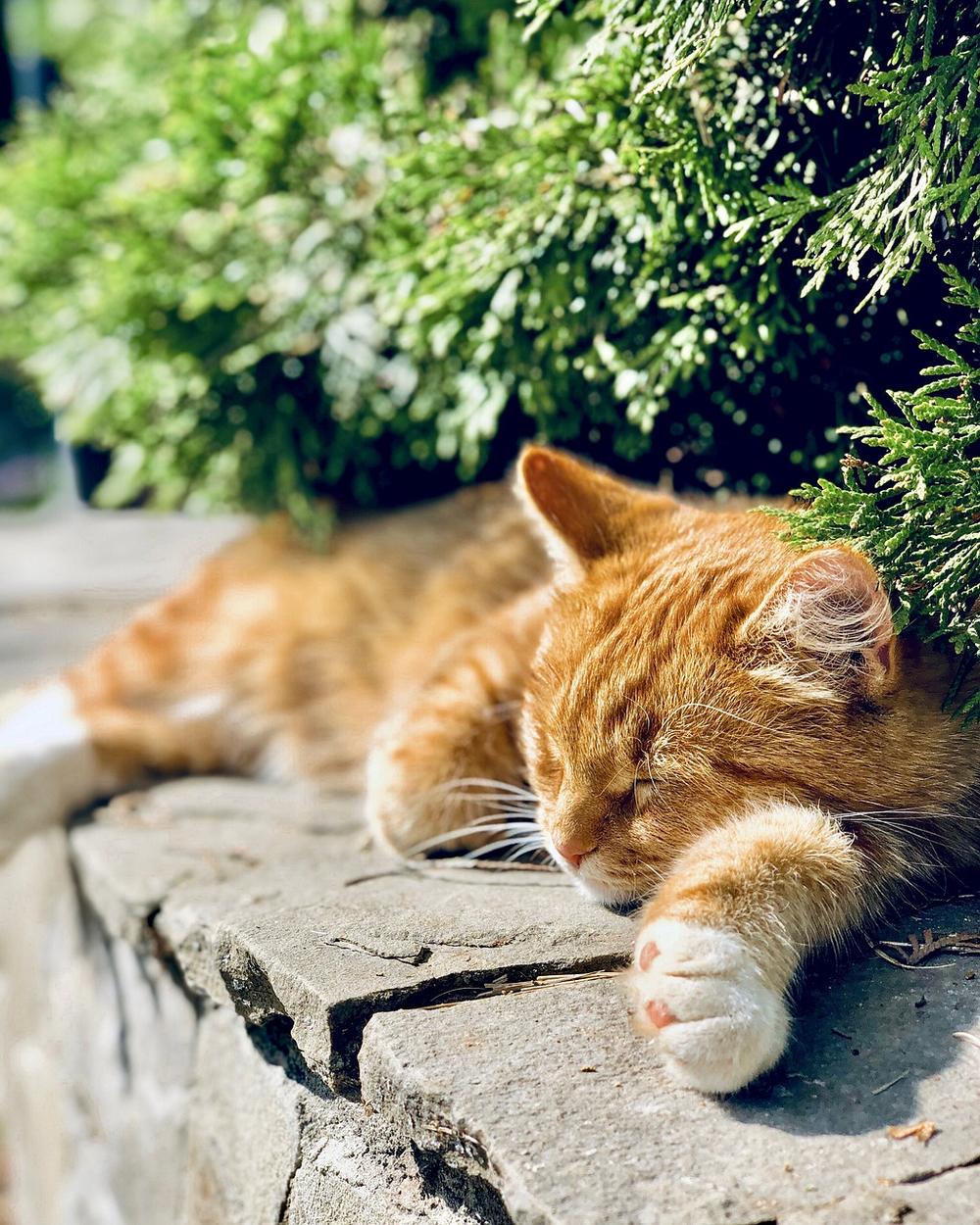
If your cat becomes dehydrated, their urine may darken in color, suggesting a higher concentration. To ensure that everything keeps flowing smoothly, ensure to have fresh, clean water available throughout your home. You want those water sources to be easily accessible, my friend.
Here's something crucial for you to remember...
If you happen to notice any changes in your cat's pee color, such as it turning unusually dark or appearing bloody, you shouldn't waste any time – urgently take your furry friend to a vet!
These changes could be signs of serious bladder or kidney issues. It's always better to be safe than sorry.
On the flip side...
Pale and watery pee without that golden glow might indicate problems like kidney disease or diabetes.
You really shouldn't ignore these silent cries for help.
By keeping an eye on changes in frequency, color, and odor, you might discover more about your precious fur baby's health than you initially realized. It's worth paying attention to these details.
Understanding the Typical Odor of Cat Urine
If your cat's urine has a strong smell, there could be an infection or medical problem lurking beneath the surface.
Normally, cat urine has just a faint whiff of ammonia.
It is not overpowering and has a slight acidic scent to it.
But if you catch a powerful and pungent stench wafting from your feline's litter box, it might mean trouble.
A bladder infection or another medical condition could be at play.
Changes in odor are red flags for issues like bladder infections, cystitis, tumors, or hormonal disorders.
Keeping your furball well-hydrated can dilute their urine, curbing the potential for funky odors.
What Does It Mean if a Cat Is Peeing Less or Unable to Urinate?
Cats can have serious issues with urination, like small amounts of urine or difficulty.
That might mean they have urinary stones, which are painful and can cause blockages.
To help prevent stone formation and boost your cat's water intake, try giving them wet food or a drinking fountain.
When it comes to normal cat urine clumps, they should be somewhere between the size of a golf ball and a tennis ball.
Cats shouldn't hold their pee for more than 48 hours, especially when traveling, to avoid any health problems.
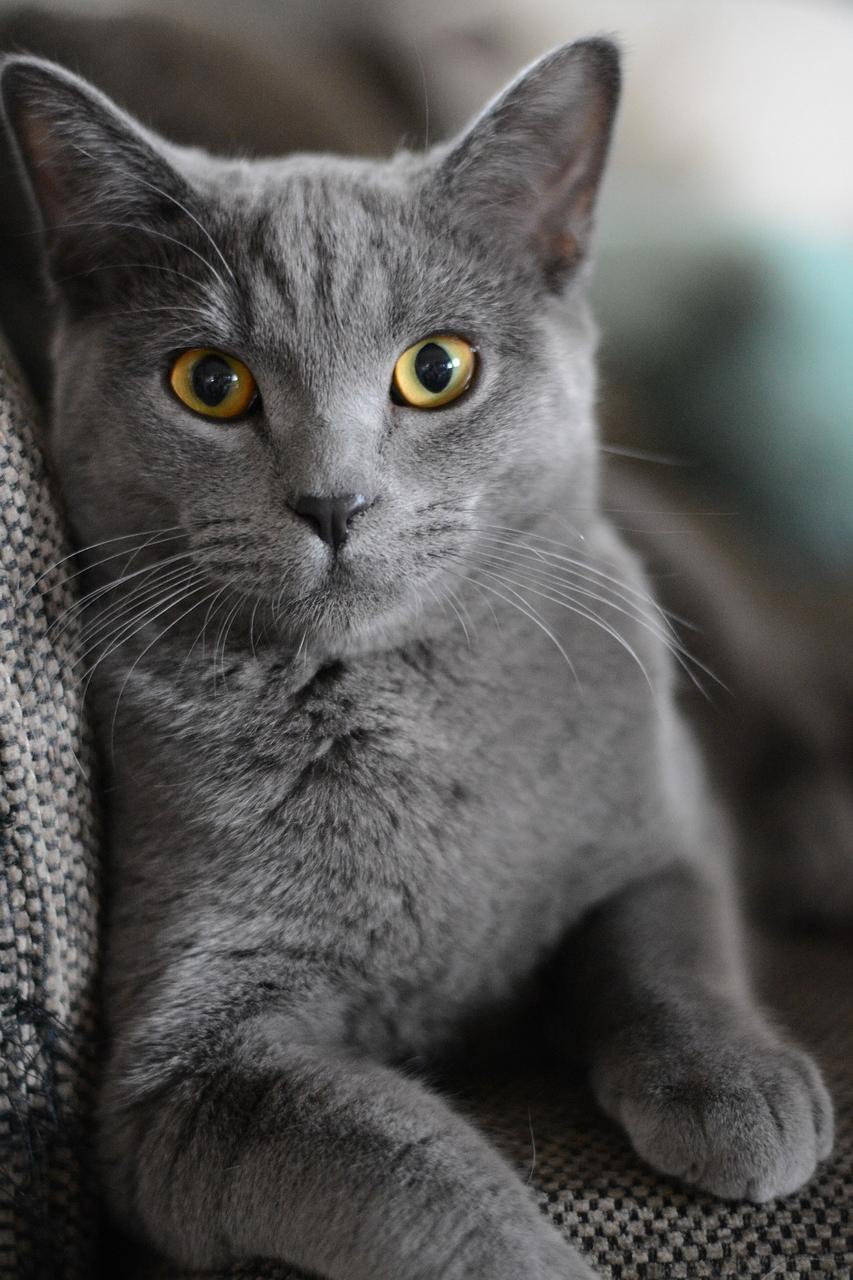
If you notice your cat scratching at the litter pan without actually peeing, crouching but nothing coming out, blood in their urine, or urinating outside of the litterbox, those are signs something's not right with their urination.
It could be a UTI, cystitis, kidney stones, or blockages.
But don't stress, veterinarians can treat these conditions effectively.
Speaking of cystitis, it's a bladder infection that can make cats uncomfortable and cause blockages that interfere with peeing. However, if your cat is completely unable to pee, that's an emergency situation.
You need to get them to the vet immediately.
So always remember, if your cat can't pee or is struggling with it, seek veterinary emergency care right away. And if you have a male cat showing signs of wanting to pee but barely producing any urine, same goes - they need urgent vet attention because there could be a urinary tract blockage.
Oh, and keep in mind that older cats are prone to kidney disease, which can result in clear and odorless urine clumps.
And that wraps up today's article.
If you wish to read more of my useful articles, I recommend you check out some of these: Do Cats Drink Less Water in the Winter, Can Cats Drink Tap Water, How Long Does It Take for a Cat to Die if It Stops Eating, Older Cat Not Eating but Drinking, and Do Cats Stay in Heat After Mating
Talk soon,
-Sarah Davis